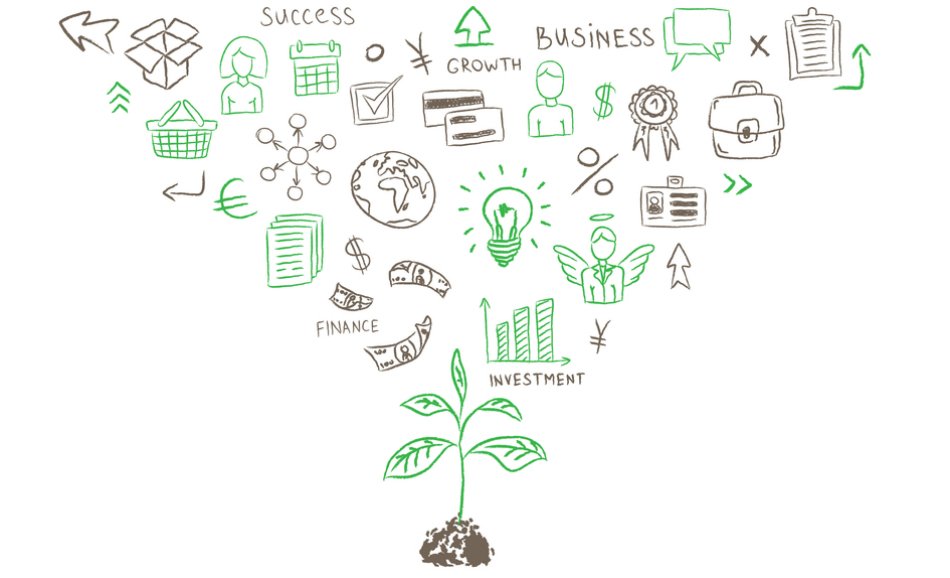Introduction
Non-Governmental Organizations (NGOs) have emerged as instrumental players in the field of agriculture, contributing significantly to the sector’s development and sustainability. With their innovative approaches, grassroots connections, and unwavering commitment, NGOs are bridging gaps, empowering communities, and fostering agricultural growth across the globe.
Capacity Building and Training:
NGOs actively engage in educating farmers about modern agricultural practices, including sustainable and organic farming techniques. They conduct training programs on crop rotation, soil health, water management, and pest control, helping farmers improve their yields while preserving the environment.
Technology Adoption:
NGOs play a pivotal role in introducing farmers to advanced agricultural technologies, such as precision farming, automated irrigation systems, and mobile applications for crop management. These technologies enhance productivity, reduce resource wastage, and boost income.
Promoting Sustainable Practices:
Sustainable agriculture is crucial for long-term food security and environmental preservation. NGOs work to promote eco-friendly practices, advocating for reduced pesticide use, organic farming, and conservation methods that protect biodiversity and soil health.
Market Access and Value Chains:
NGOs help farmers access markets and establish linkages with buyers, processors, and retailers. They assist in the formation of farmer cooperatives and facilitate the negotiation of fair prices, ensuring that farmers benefit from their produce.
Women Empowerment:
Many NGOs focus on empowering women in agriculture, recognizing their vital role in food production. They provide training, resources, and support to female farmers, enabling them to become self-sufficient and active contributors to agricultural development.
Research and Innovation:
NGOs often collaborate with research institutions and universities to develop new agricultural technologies and practices. They conduct on-the-ground trials and pilot projects to assess the feasibility and impact of innovative solutions.
Policy Advocacy:
NGOs advocate for farmer-friendly policies at local, national, and international levels. They work to influence policymakers, ensuring that agriculture-related regulations and programs align with the best interests of small-scale farmers and the environment.
Disaster Relief and Resilience Building:
In regions prone to natural disasters, NGOs provide emergency relief and long-term resilience-building programs. They equip farmers with disaster-resistant farming techniques, insurance options, and early-warning systems.
Environmental Conservation:
Many NGOs emphasize the importance of sustainable land management and conservation practices. They work with communities to restore degraded lands, protect watersheds, and combat deforestation, ensuring a sustainable environment for future generations.
Challenges and Opportunities
While NGOs have made significant contributions to agriculture, they also face challenges. Funding constraints, bureaucracy, and coordination issues can hinder their effectiveness. Additionally, NGOs must continually adapt to evolving agricultural practices and address the impact of climate change.
Conclusion
NGOs have proven to be indispensable partners in agricultural development and sustainability. Their holistic approach, community engagement, and commitment to empowering farmers contribute to improving livelihoods, reducing poverty, and ensuring food security. As agriculture faces the complex challenges of the 21st century, NGOs will continue to play a crucial role in shaping a more resilient, equitable, and sustainable agricultural sector for all. Their work not only impacts individual farmers but also strengthens the global food system and protects our planet’s resources for future generations.

